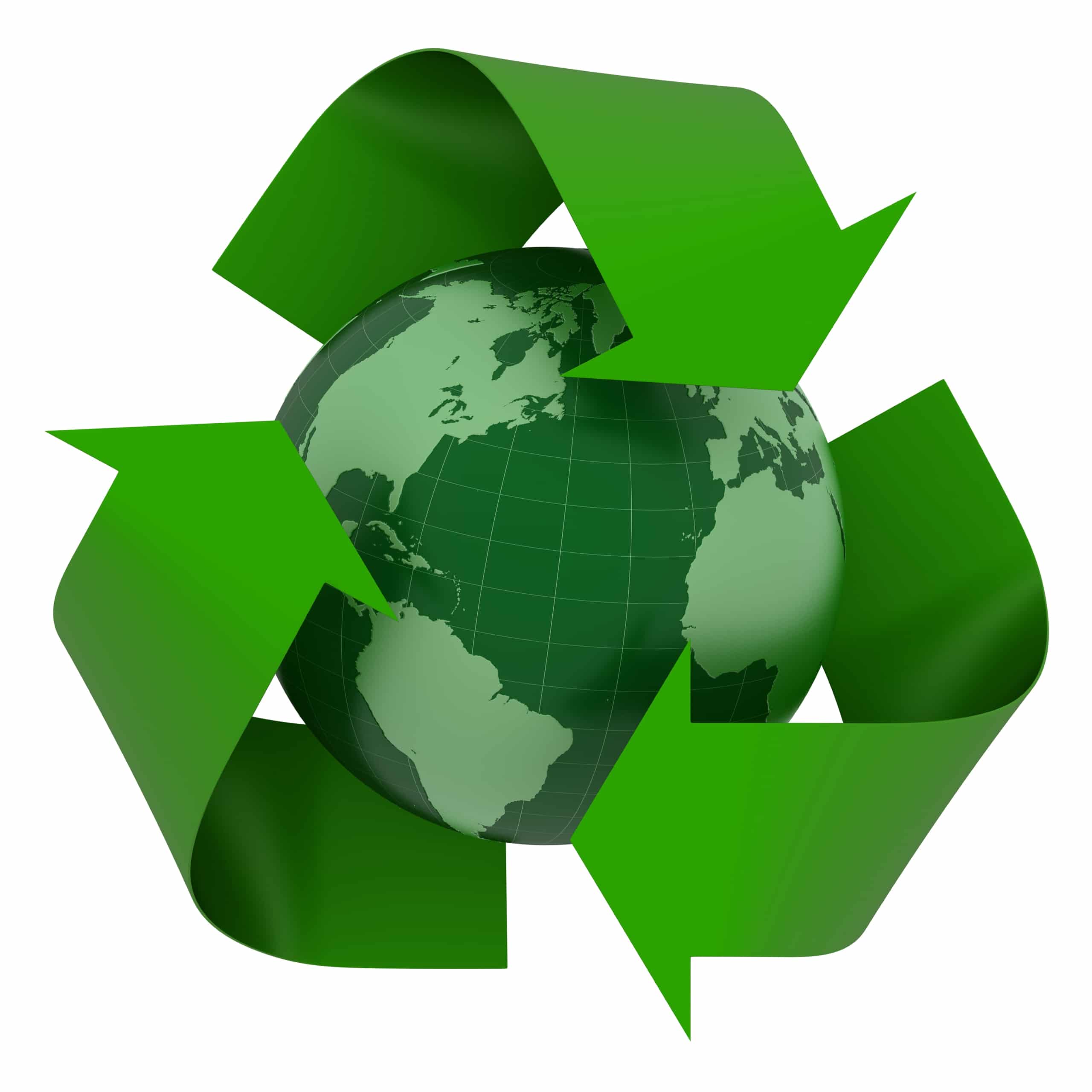The Environmental Protection Agency (EPA) continually adds new chemicals to its list of hazardous air pollutants (HAPs) that was originally released in 1990. Chemicals that make the list have shown negative effects on the environment and/or human health. Consequently,...



